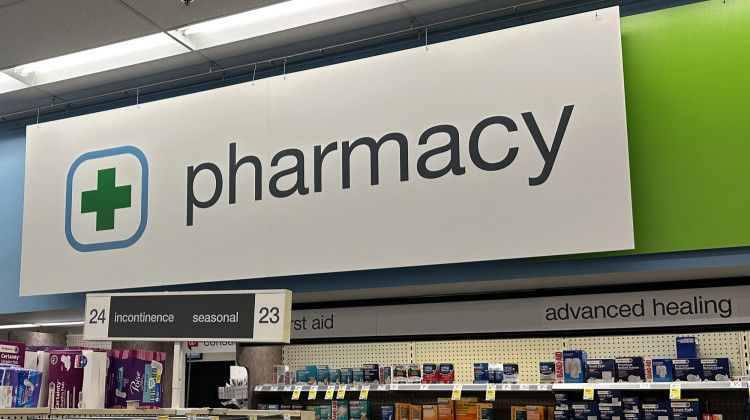A shortage of qualified treatment providers is frequently cited as an obstacle in fighting the opioid addiction crisis. Yet, according to research published in the journal PLoS One, the solution may lie in the hands of primary care providers who can successfully treat addiction.
More than two million Americans are addicted to opioids such as heroin and prescription painkillers. And overdose deaths continue to rise. According to the Centers for Disease Control and Prevention, more than 64,000 people died from drug overdoses in 2016.
These numbers represent an unmet need for treatment, said Dr. Pooja Lagisetty, a researcher at the University of Michigan and lead author of the report. “A very small minority of patients ever receive treatment for their opioid use disorder,” she said.
Lagisetty is a primary care doctor who also treats addiction — which she said is unusual. “I think the overwhelming majority of my colleagues would say, ‘This is not our domain,’” Lagisetty said.
But Lagisetty argued maybe it shouldn't be so rare. Lagisetty and her coauthors reviewed 41 studies and found there are effective ways to treat addiction in a primary care setting using medications that can people with opioid addiction stay away from illicit drug use.
Currently, treatment for opioid addiction with the drugs methadone and buprenorphine can be hard to find, and primary care physicians could help fill the gap, according to Lagisetty.
“I feel like this is just another part of treating the entire patient that is, in some ways, a responsibility,” she said. “We are able to treat a host of other diseases they might have.”
And Lagisetty said patients are more likely to go to a primary care doctor than to a specialist, which can have long waits. And going to an addiction specialist may offputting to some. “It can also be an experience that patients may not be amenable to, because the stigma associated with it,” said Lagisetty.
But it’s not a simple matter to get primary care physicians to treat these patients, according to Lagisetty’s study. Many physicians lack addiction training and may not feel qualified to treat the illness. And prescribing medications containing buprenorphine requires a special waiver from the federal government.
Additionally, addiction treatment with buprenorphine is most effective in tandem with counseling, which may not be available in a primary care setting. But Lagisetty said some patients could still benefit from receiving the medication alone, if a primary care provider can’t provide counseling services.
“It’s hard for me to justify saying we need to sort out all of these barriers before we even prescribe this medication that may work for some portion of these patients without all these extra supports,” Lagisetty said.
This story was produced by Side Effects Public Media, a news collaborative covering public health.
 DONATE
DONATE









 Support WFYI. We can't do it without you.
Support WFYI. We can't do it without you.